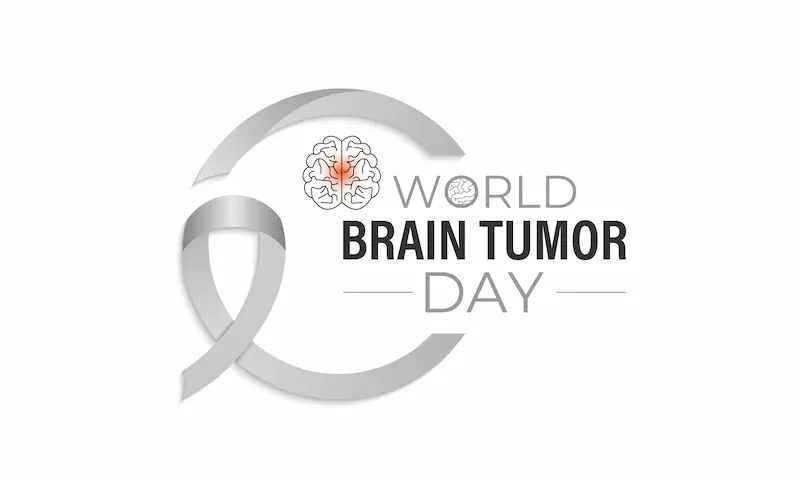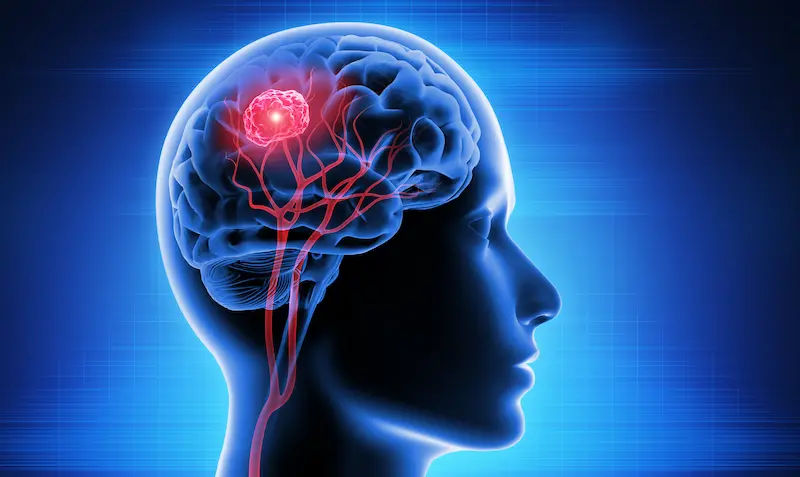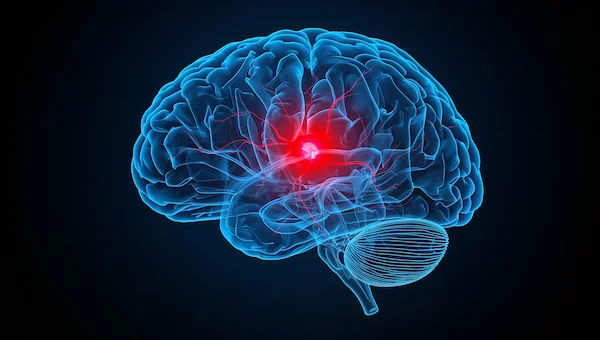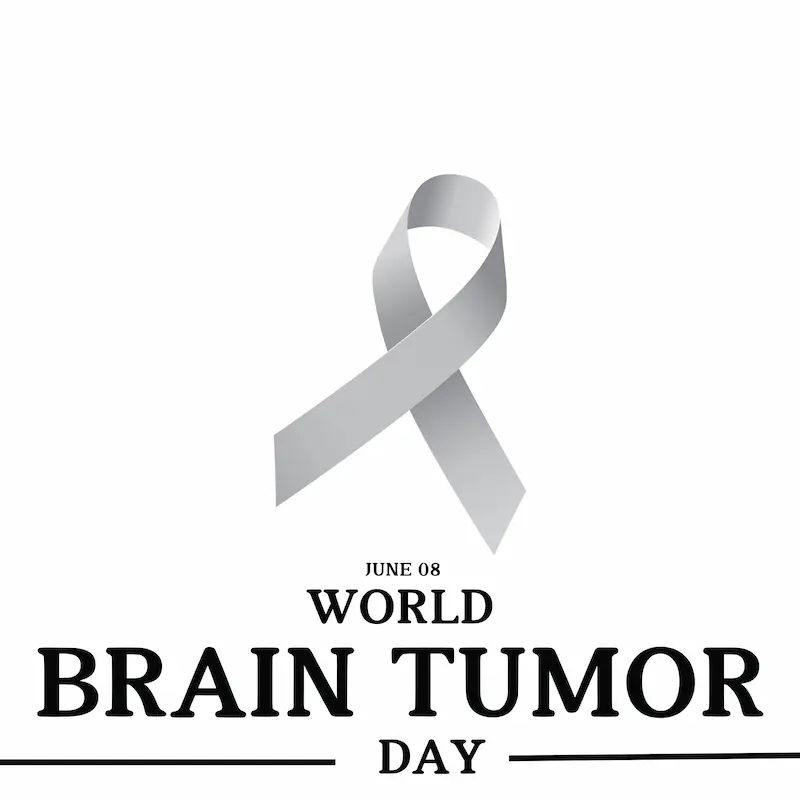How Is Brain Tumour Surgery Done?
Learn how brain tumour surgery is performed, including types, preparation, recovery, risks, and lifestyle tips for better healing.

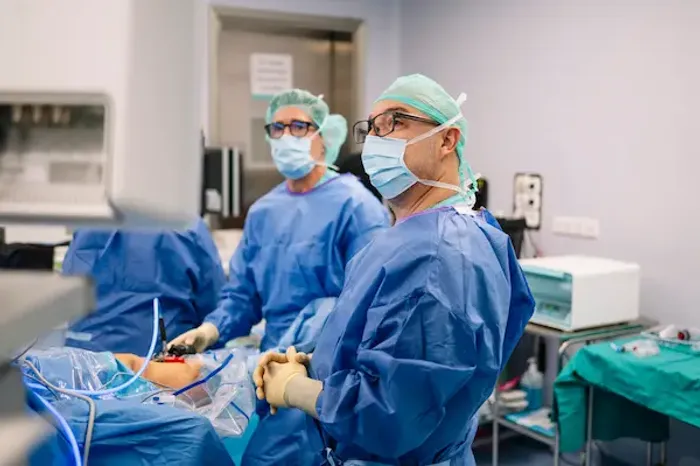
Introduction
Brain tumour surgery can sound overwhelming, but understanding the process can help ease anxiety. Whether you or a loved one is facing this procedure, knowing what to expect can make the journey smoother. This guide explains brain tumour surgery in simple terms, covering its purpose, types, preparation, recovery, and aftercare.
What Is Brain Tumour Surgery?
Brain tumour surgery is a medical procedure to remove abnormal growths (tumours) in the brain. These tumours can be benign (non-cancerous) or malignant (cancerous). Surgery is often the first step in treatment, especially if the tumour is accessible and its removal can relieve symptoms or prevent further complications.
Consult Top Specialists for Personalised Health Advice
Why Is Brain Tumour Surgery Needed?
The main goals of brain tumour surgery are:
Removing as much of the tumour as possible to reduce pressure on the brain.
Obtaining a tissue sample (biopsy) to determine if the tumour is cancerous.
Relieving symptoms like headaches, seizures, or vision problems.
Improving the effectiveness of other treatments like radiation or chemotherapy.
Types of Brain Tumour Surgeries
Depending on the tumour’s size, location, and type, doctors may recommend different surgical approaches:
1. Craniotomy (Open Brain Surgery)
This is the most common form of brain tumour surgery, especially for tumours that are deep or widespread.
A small portion of the skull is removed to access the tumour.
Surgeons use advanced tools like MRI or CT-guided navigation for precision.
After tumour removal, the skull bone is secured back in place.
2. Minimally Invasive Surgery (Endoscopic or Laser Surgery)
This type of surgery might be recommended for tumours in certain locations or when minimal disruption is essential.
Uses small incisions and specialised tools to remove tumours with less damage to healthy tissue.
Neuroendoscopy involves inserting a thin tube with a camera (endoscope) through the nose or a small hole in the skull.
Laser ablation uses heat to destroy tumour cells.
3. Biopsy (Diagnostic Surgery)
When a tumour is located in a sensitive or hard-to-reach area, a full removal might not be possible right away.
A small portion of the tumour is removed for testing.
The biopsy helps guide treatment plans, including whether further surgery is feasible.
Preparing for Brain Tumour Surgery
Adequate preparation before surgery is essential for both safety and peace of mind.
Before Surgery
Patients are usually advised on the following steps to ensure they are ready for the procedure:
Medical Tests: MRI, CT scans, or blood tests help plan the surgery.
Medication Adjustments: Some drugs, like blood thinners, may need to be paused.
Fasting: Patients are usually asked not to eat or drink for several hours before surgery.
Emotional Support: Counseling or support groups can help manage anxiety.
During Surgery
Here’s what typically happens while the surgery is underway:
Anaesthesia: General anaesthesia ensures the patient is asleep and pain-free.
Monitoring: Vital signs like heart rate and oxygen levels are closely watched.
Duration: Surgery can take 3 to 6 hours, depending on complexity.
Recovery After Brain Tumour Surgery
Recovery can vary from person to person depending on the type of surgery and overall health.
Hospital Stay (3-7 Days)
Patients are closely observed during their hospital stay to ensure stability.
Patients are monitored in the ICU initially.
Swelling, headaches, or temporary confusion are common but improve with time.
Physical therapy may start early to help with movement or speech if affected.
At-Home Recovery (Weeks to Months)
Continued care and support at home are essential for full recovery.
Rest is crucial—avoid strenuous activities.
Follow-up visits ensure healing and check for complications.
Rehabilitation—physical, occupational, or speech therapy may be needed.
Possible Risks and Complications
While brain surgery is generally safe, risks include:
Infection or bleeding
Swelling in the brain
Seizures or memory problems which are usually temporary
Neurological changes like weakness or speech difficulties
Doctors take precautions to minimise these risks.
Lifestyle Changes After Surgery
To support recovery and overall brain health:
Eat a balanced diet that is rich in antioxidants and omega-3s.
Stay hydrated and avoid alcohol/smoking.
Engage in light exercise as advised by the doctor.
Get enough sleep to help brain healing.
Attend all follow-ups and report new symptoms.
When to Seek Immediate Help
Contact your doctor if you experience:
Severe headaches or vomiting
Sudden vision changes
Fever or seizures
Increased confusion or weakness
Final Thoughts
Brain tumour surgery is a complex but life-saving procedure. With advancements in technology, surgeons can remove tumours more safely than ever. If you or someone you know needs this surgery, remember that early diagnosis and expert care make a big difference.
If you have concerns about brain tumours or surgery, consult a specialist. You can book a consultation or schedule an MRI/CT scan through Apollo 24|7 for expert guidance.
Consult Top Neurosurgeons
Consult Top Specialists for Personalised Health Advice

Dr. Gopal Achari
Neurosurgeon
20 Years • MBBS, MS (GEN SUR), MCH (NEURO SUR)
Kolkata
Apollo Multispeciality Hospitals , Kolkata, Kolkata

Dr. Aditendraditya Singh Bhati
Neurosurgeon
21 Years • MBBS(2004), DNB Neurosurgery(2014); MNAMS; Fellow Skull Base Endoscopy (Italy), Fellow Extended Skull Base ( Weill Cornell, USA), Fellow ZAP-X Radiosurgery. Member of American Association of Neurological Surgeons
Delhi
Apollo Hospitals Indraprastha, Delhi
(100+ Patients)

Dr. Vigneshwar Ravisankar
Neurosurgeon
9 Years • M.B.B.S, MRCS (Eng), DNB (Gen. Surg), MCh (Neurosurgery), FNS (Japan).
Chennai
Apollo Speciality Hospitals OMR, Chennai
(25+ Patients)
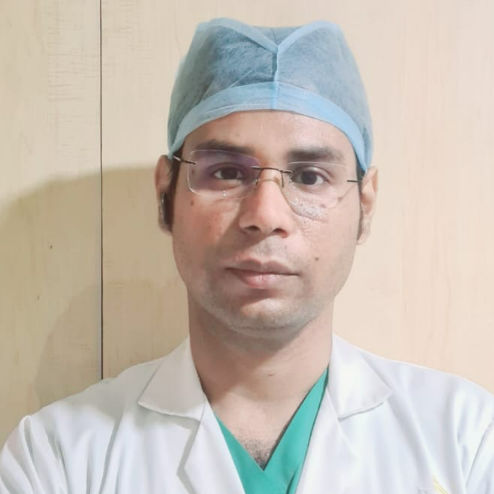
Dr Debnath Dwaipayan
Neurosurgeon
9 Years • MBBS, MS(Gen. Surgery), DrNB (Neurosurgery)
Delhi
Apollo Hospitals Indraprastha, Delhi
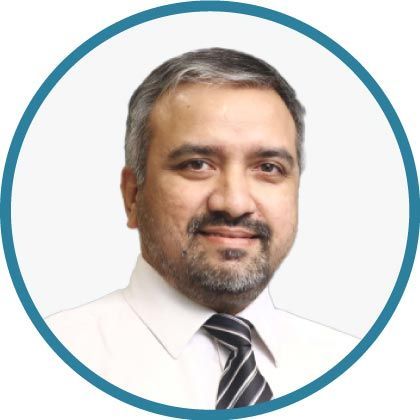
Dr. Joy Verghese
Neurosurgeon
21 Years • MBBS, MS, MCH (Neuro surg. ), FMVS, FSS, FINR, MCH Neurosurgery (Mumbai University), FINR (Zurich University, Switzerland)
Chennai
Apollo Hospitals Greams Road, Chennai
(150+ Patients)
Consult Top Neurosurgeons

Dr. Gopal Achari
Neurosurgeon
20 Years • MBBS, MS (GEN SUR), MCH (NEURO SUR)
Kolkata
Apollo Multispeciality Hospitals , Kolkata, Kolkata

Dr. Aditendraditya Singh Bhati
Neurosurgeon
21 Years • MBBS(2004), DNB Neurosurgery(2014); MNAMS; Fellow Skull Base Endoscopy (Italy), Fellow Extended Skull Base ( Weill Cornell, USA), Fellow ZAP-X Radiosurgery. Member of American Association of Neurological Surgeons
Delhi
Apollo Hospitals Indraprastha, Delhi
(100+ Patients)

Dr. Vigneshwar Ravisankar
Neurosurgeon
9 Years • M.B.B.S, MRCS (Eng), DNB (Gen. Surg), MCh (Neurosurgery), FNS (Japan).
Chennai
Apollo Speciality Hospitals OMR, Chennai
(25+ Patients)

Dr Debnath Dwaipayan
Neurosurgeon
9 Years • MBBS, MS(Gen. Surgery), DrNB (Neurosurgery)
Delhi
Apollo Hospitals Indraprastha, Delhi

Dr. Joy Verghese
Neurosurgeon
21 Years • MBBS, MS, MCH (Neuro surg. ), FMVS, FSS, FINR, MCH Neurosurgery (Mumbai University), FINR (Zurich University, Switzerland)
Chennai
Apollo Hospitals Greams Road, Chennai
(150+ Patients)
